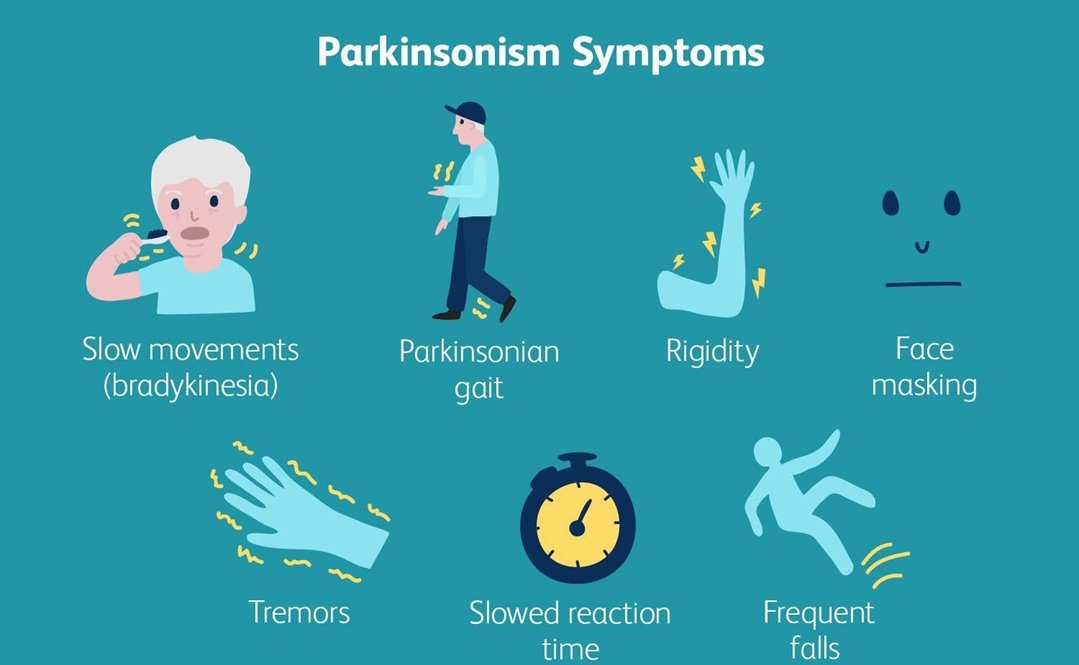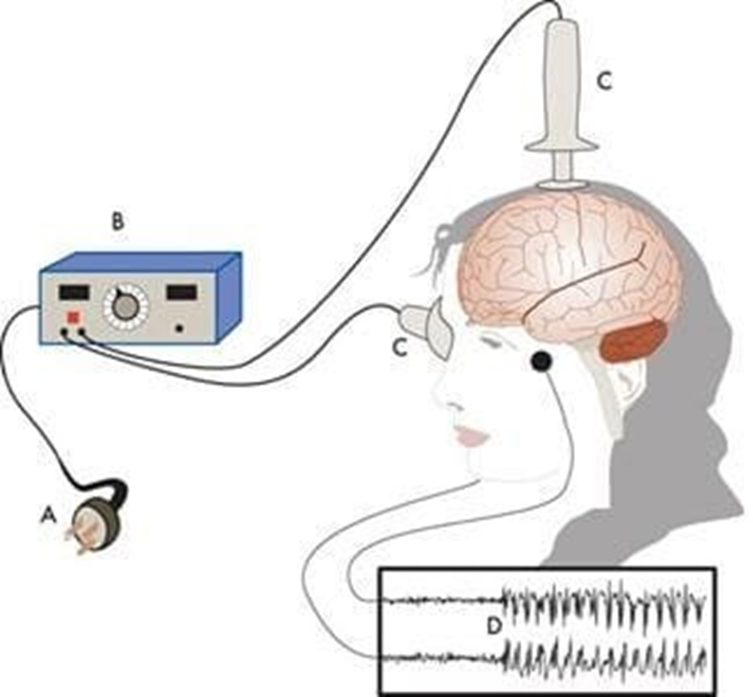The nurse is educating a client and family regarding the effects of antipsychotic medications. Which extrapyramidal symptoms that may be caused by antipsychotic drugs will the nurse include in the education plan? Select all that apply.
Akathisia
Neuroleptic malignant syndrome
Dystonia
Tardive dyskinesia
Pseudo-parkinsonism
Correct Answer : A,C,D,E
Choice A reason: Akathisia is characterized by restlessness and a constant urge to move. It is a common side effect of antipsychotic medications.
Choice B reason: Neuroleptic malignant syndrome is a rare but serious reaction to antipsychotic drugs and is not classified as an extrapyramidal symptom.
Choice C reason: Dystonia involves involuntary muscle contractions and spasms, often affecting the head and neck, and is a known extrapyramidal symptom.
Choice D reason: Tardive dyskinesia is marked by repetitive, involuntary movements, typically of the face and extremities, and is an extrapyramidal symptom that can occur after long-term use of antipsychotics.
Choice E reason: Pseudo-parkinsonism mimics symptoms of Parkinson's disease, such as tremors and slowed movement, and is an extrapyramidal side effect of antipsychotic medications.

Nursing Test Bank
Naxlex Comprehensive Predictor Exams
Related Questions
Correct Answer is D
Explanation
Choice A reason: This choice is incorrect. Non-compliance with blood testing does not typically indicate a need for ECT.
Choice B reason: This choice is incorrect. A recent onset of a manic episode is usually managed with medication adjustments, not ECT.
Choice C reason: This choice is incorrect. Cyclothymic disorder is a milder form of bipolar disorder and is not typically treated with ECT.
Choice D reason: This is the correct choice. ECT is often considered for clients with severe depression that is resistant to medication.

Correct Answer is C
Explanation
Choice A reason: This choice is incorrect. Asking questions that can be answered with one-word responses does not facilitate a deep therapeutic relationship.
Choice B reason: While involving the family can be beneficial, it is not a direct strategy for the nurse-client relationship.
Choice C reason: This is the correct choice. Active listening and summarizing are key components of building a therapeutic relationship, as they demonstrate understanding and validation of the client's feelings and thoughts.
Choice D reason: It is important to ask about suicidal behaviors or thoughts when there are indications of such risks; avoiding these questions can be detrimental to client care.
Whether you are a student looking to ace your exams or a practicing nurse seeking to enhance your expertise , our nursing education contents will empower you with the confidence and competence to make a difference in the lives of patients and become a respected leader in the healthcare field.
Visit Naxlex, invest in your future and unlock endless possibilities with our unparalleled nursing education contents today
Report Wrong Answer on the Current Question
Do you disagree with the answer? If yes, what is your expected answer? Explain.
Kindly be descriptive with the issue you are facing.
